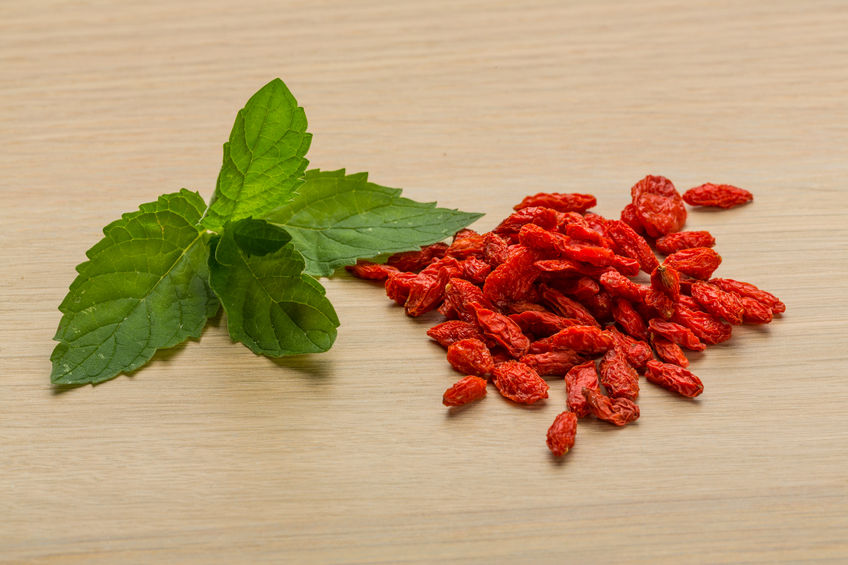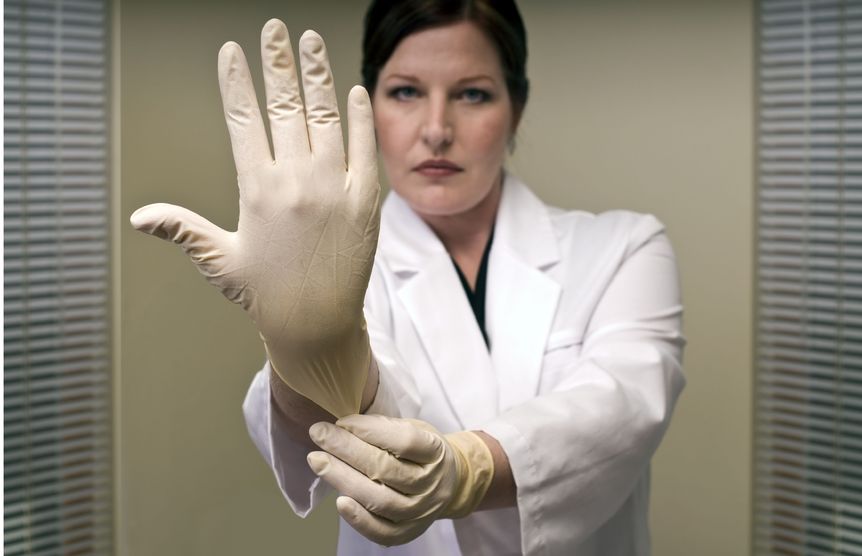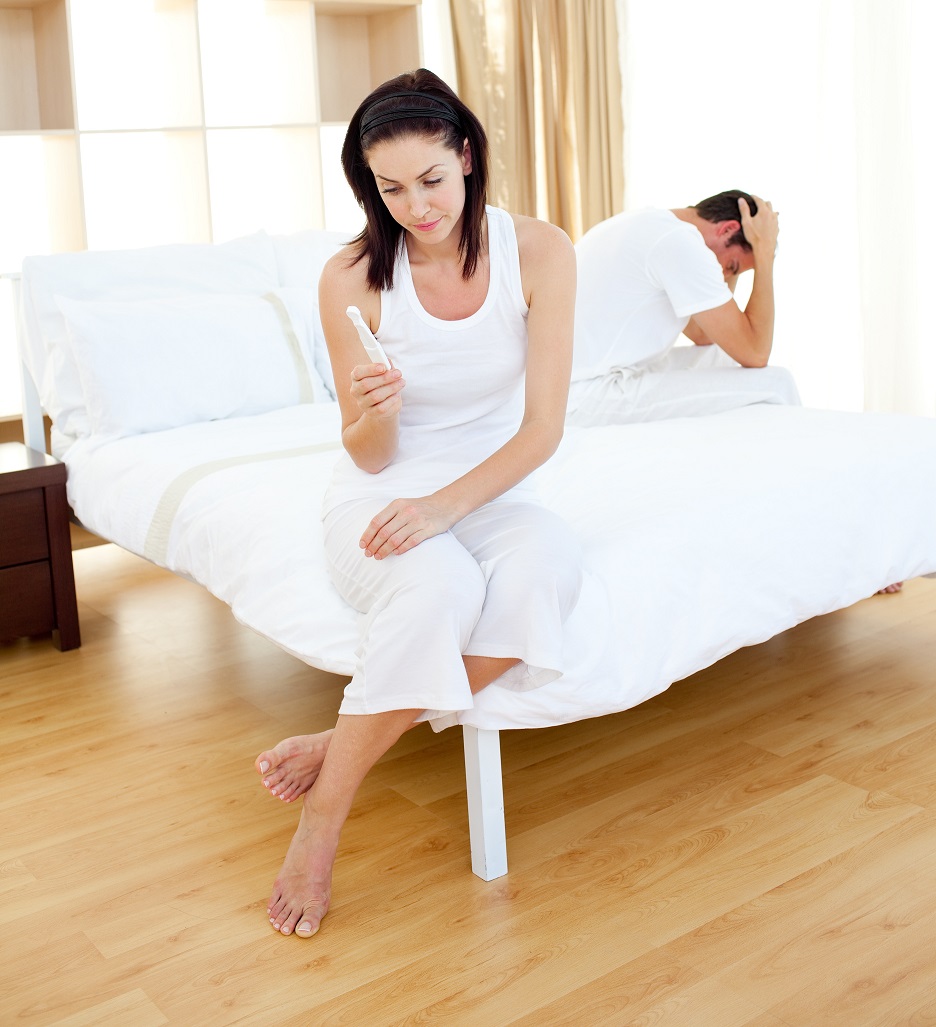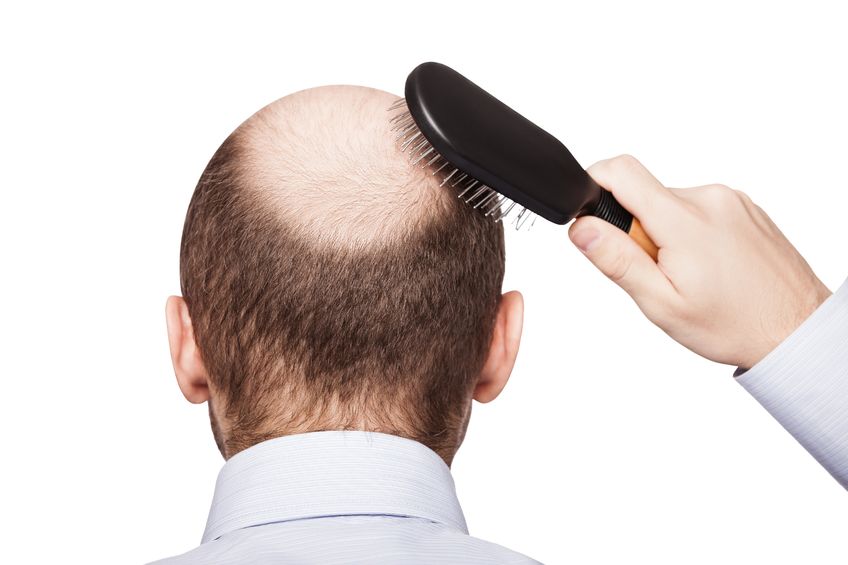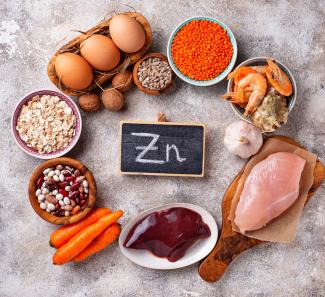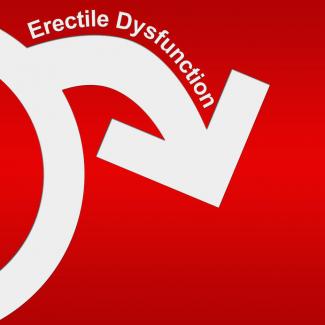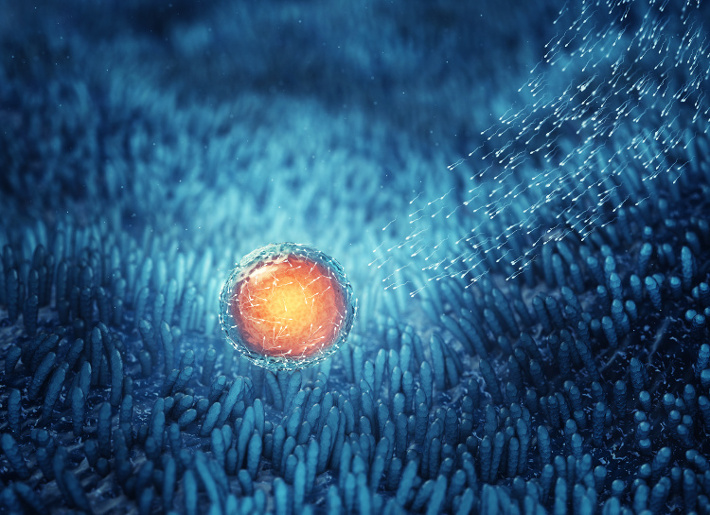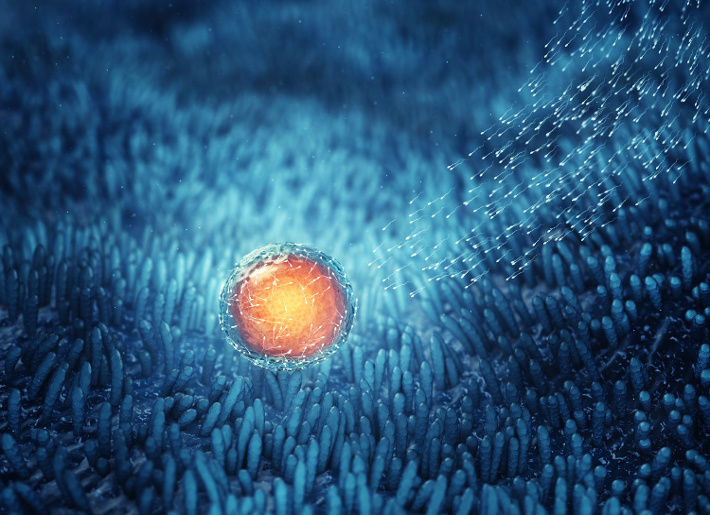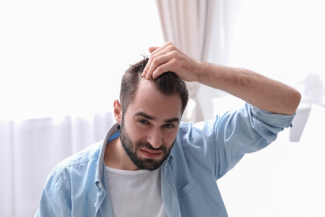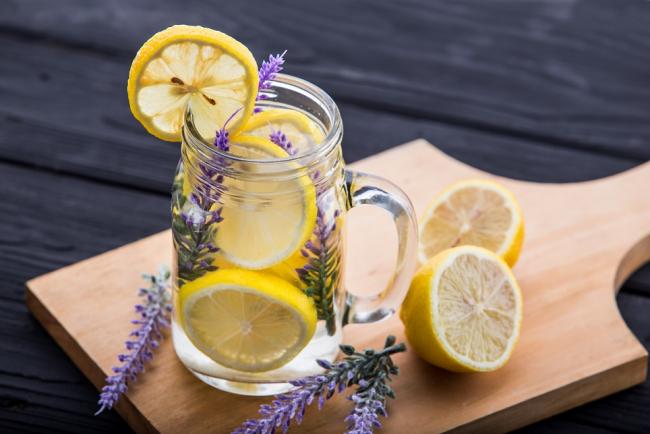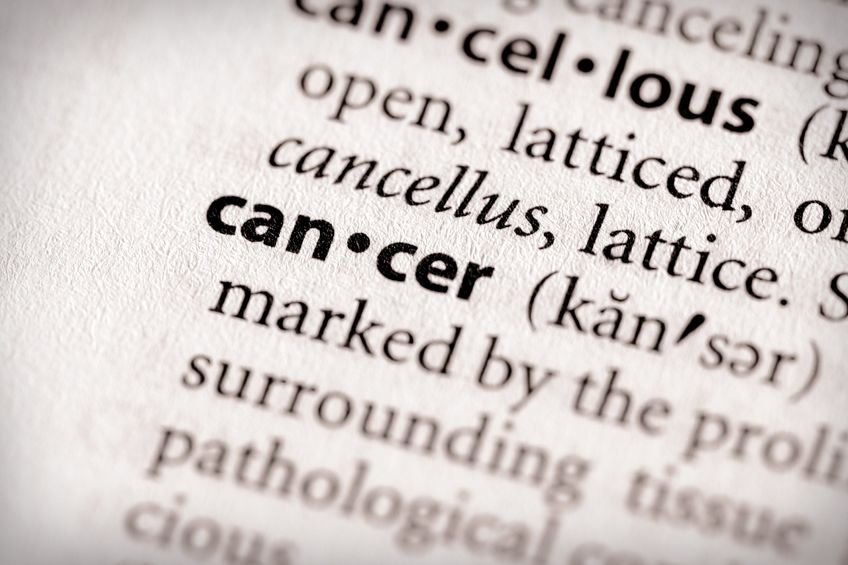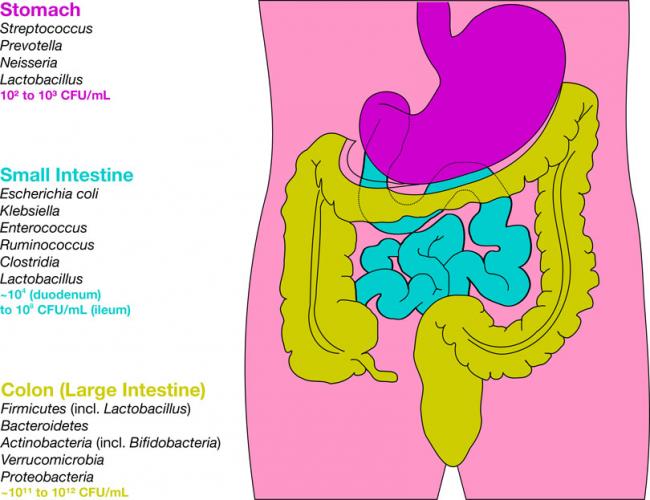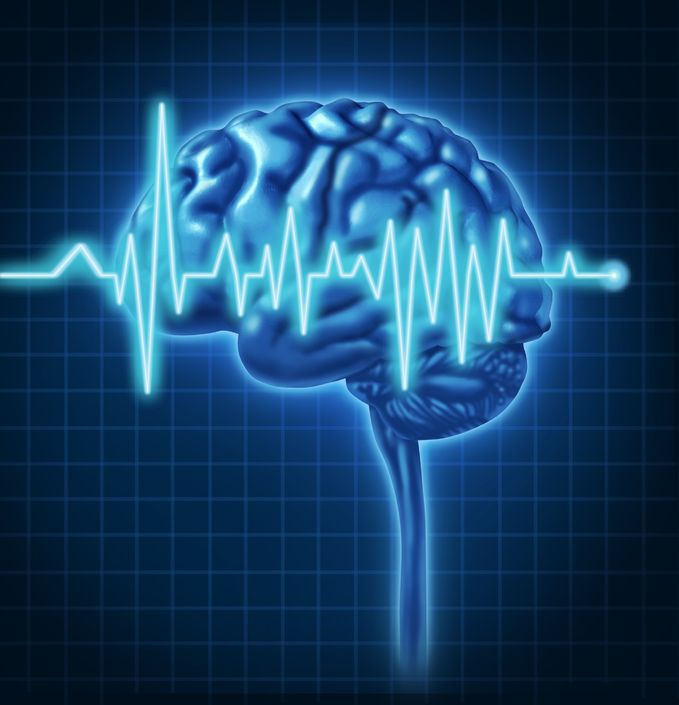Related Articles
- 09 Mar 15
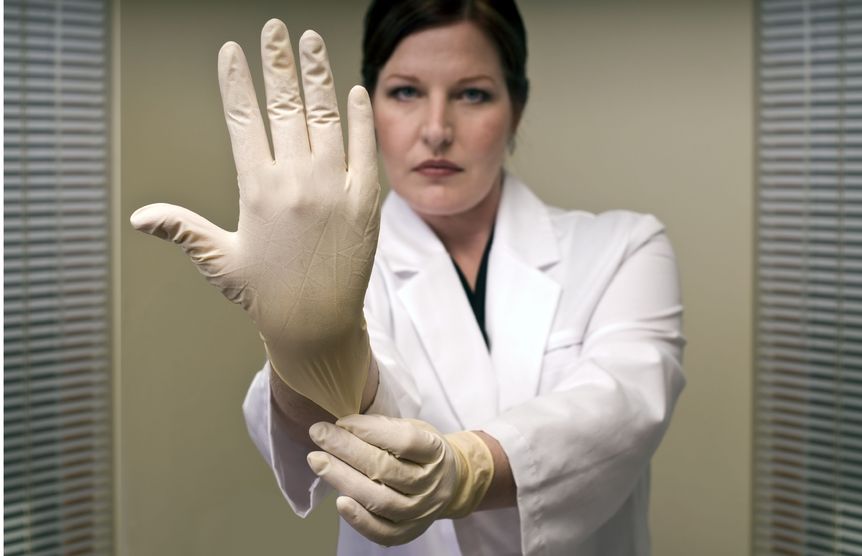 Prostate cancer is the most common cancer among Canadian men (excluding nonmelanoma skin cancer), with 1 in 8 Canadian men expected to develop the disease in his lifetime, and 1 in 28 expected to die from it.[1] In Canada, the five-year survival rate for prostate cancer is 96%; however, despite this promising statistic, every day an average of 65 Canadian men will be diagnosed with prostate cancer, and 11 will die from it.
Prostate cancer is the most common cancer among Canadian men (excluding nonmelanoma skin cancer), with 1 in 8 Canadian men expected to develop the disease in his lifetime, and 1 in 28 expected to die from it.[1] In Canada, the five-year survival rate for prostate cancer is 96%; however, despite this promising statistic, every day an average of 65 Canadian men will be diagnosed with prostate cancer, and 11 will die from it. - 11 Aug 15
 There is a new, growing interest in the field of male infertility, given the recent trends of declining conception over the past decade. The times are telling of families having fewer children, later in age and often having more difficulties with conception. Infertility can pose physical, psychological, financial and economic burden on individuals, the health care system and society.
There is a new, growing interest in the field of male infertility, given the recent trends of declining conception over the past decade. The times are telling of families having fewer children, later in age and often having more difficulties with conception. Infertility can pose physical, psychological, financial and economic burden on individuals, the health care system and society. - 08 Jun 15
 Male fertility is measured by sperm quality and count. A man is considered at risk for infertility if his sperm count is less than 20 million per millilitre, and may be sterile if the sperm count is less than 500,000 per millilitre. Semen analysis is commonly done by light microscope and scanning electron microscope. Female infertility has become a medical hot topic, but what about men; the other half of the equation?
Male fertility is measured by sperm quality and count. A man is considered at risk for infertility if his sperm count is less than 20 million per millilitre, and may be sterile if the sperm count is less than 500,000 per millilitre. Semen analysis is commonly done by light microscope and scanning electron microscope. Female infertility has become a medical hot topic, but what about men; the other half of the equation? - 16 Jan 17
The topic of how diet affects prostate cancer has been a topic of interest for a while. It is known that the risk of prostate cancer varies dramatically based on geographic location—in some places, the risk is 60 times higher than others!
- 09 Nov 15
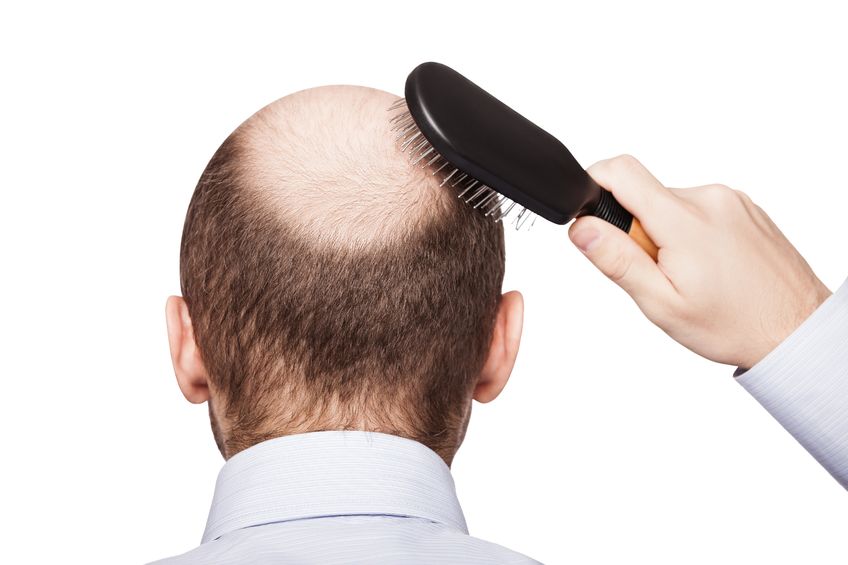 Who we are and how we feel is often expressed through our hair. Regardless of if hair is curly, straight, twisted, corn-rowed or locked; it is a universal sign of beauty, sensuality, fertility and attractiveness. Moreover, hair helps us to communicate our state of health. It also serves the function of protecting our heads and skin, adding not only a layer of insulation, but also more dimension to our personalities.
Who we are and how we feel is often expressed through our hair. Regardless of if hair is curly, straight, twisted, corn-rowed or locked; it is a universal sign of beauty, sensuality, fertility and attractiveness. Moreover, hair helps us to communicate our state of health. It also serves the function of protecting our heads and skin, adding not only a layer of insulation, but also more dimension to our personalities. - 29 Jan 21
After iron, zinc is the most abundant element in the human body, with approximately 2 to 4 g distributed among the muscles (60%), bones (20%), liver, and skin. Given its abundance, concerns about zinc deficiency is often overlooked; however, as discussed in this article, certain populations and individuals may benefit from supplementation.
- 16 Jan 16
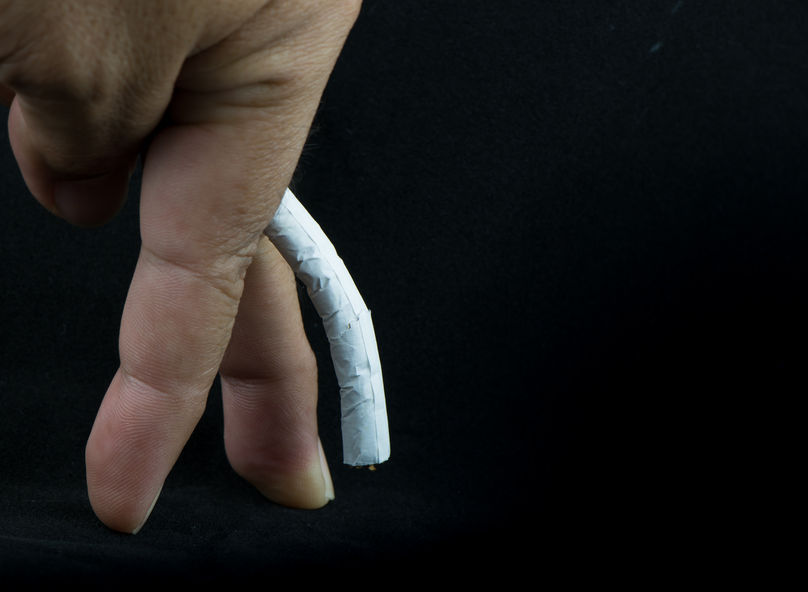 Among all sexual dysfunctions, erectile dysfunction (ED) is the most common [1]. Approximately 1 in 10 men worldwide have ED, the prevalence ranging from 10-71% for men older than 70 years old [2]. This range is so wide and there are no reliable figures available for the incidence and prevalence of ED because most men do not seek treatment. Social stigma is all too familiar and continues to be a reality for men suffering with erectile dysfunction (ED), this being the biggest barrier to them seeking treatment.
Among all sexual dysfunctions, erectile dysfunction (ED) is the most common [1]. Approximately 1 in 10 men worldwide have ED, the prevalence ranging from 10-71% for men older than 70 years old [2]. This range is so wide and there are no reliable figures available for the incidence and prevalence of ED because most men do not seek treatment. Social stigma is all too familiar and continues to be a reality for men suffering with erectile dysfunction (ED), this being the biggest barrier to them seeking treatment. - 11 Jul 17
- 24 Sep 21
A common concern presenting in general practice is hair loss. Hair is an integral aspect of our identity and feelings of self-esteem, and it offers an element of aesthetic expression for many. To see it recede or thin can be a challenging experience. This article will first review notable information pertaining to the hair physiology, along with key aspects relating to male and female patterns of hair loss (androgenic alopecia).
- 06 Sep 16
- 01 Dec 13
Incidence refers to the number of new cases of a particular disease or condition in a given year. In general, incidence rates have been slowly increasing in Canada, although in theory this could be explained in part due to better detection and an aging demographic, rather than an increased risk of cancer.
- 01 Jul 13
$path = isset($_GET['q']) ? $_GET['q'] : '
';
$link = url($path, array('absolute' => TRUE));$nid = arg(1);
if ($nid == 201307){
?>download pdf
}
?>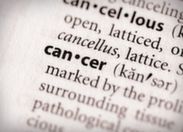
Though not popularly discussed, prostate health or lack thereof impacts most men as they approach the age of 50 or older. It is hard to believe that this little organ, about the size of a walnut, can be so important. Nonetheless, prostate disease falls into two general categories: benign prostate disease and prostate cancer.
Newsletter
Most Popular
- 09 Nov 15
- 17 Jun 13
- 17 Jun 13
- 17 Jun 13
- 01 Jul 13
- 17 Jun 13
- 17 Jun 13
- 17 Jun 13
- 01 Jul 13
- 17 Jun 13
- 17 Jun 13
- 17 Jun 13
- 01 Jul 13


